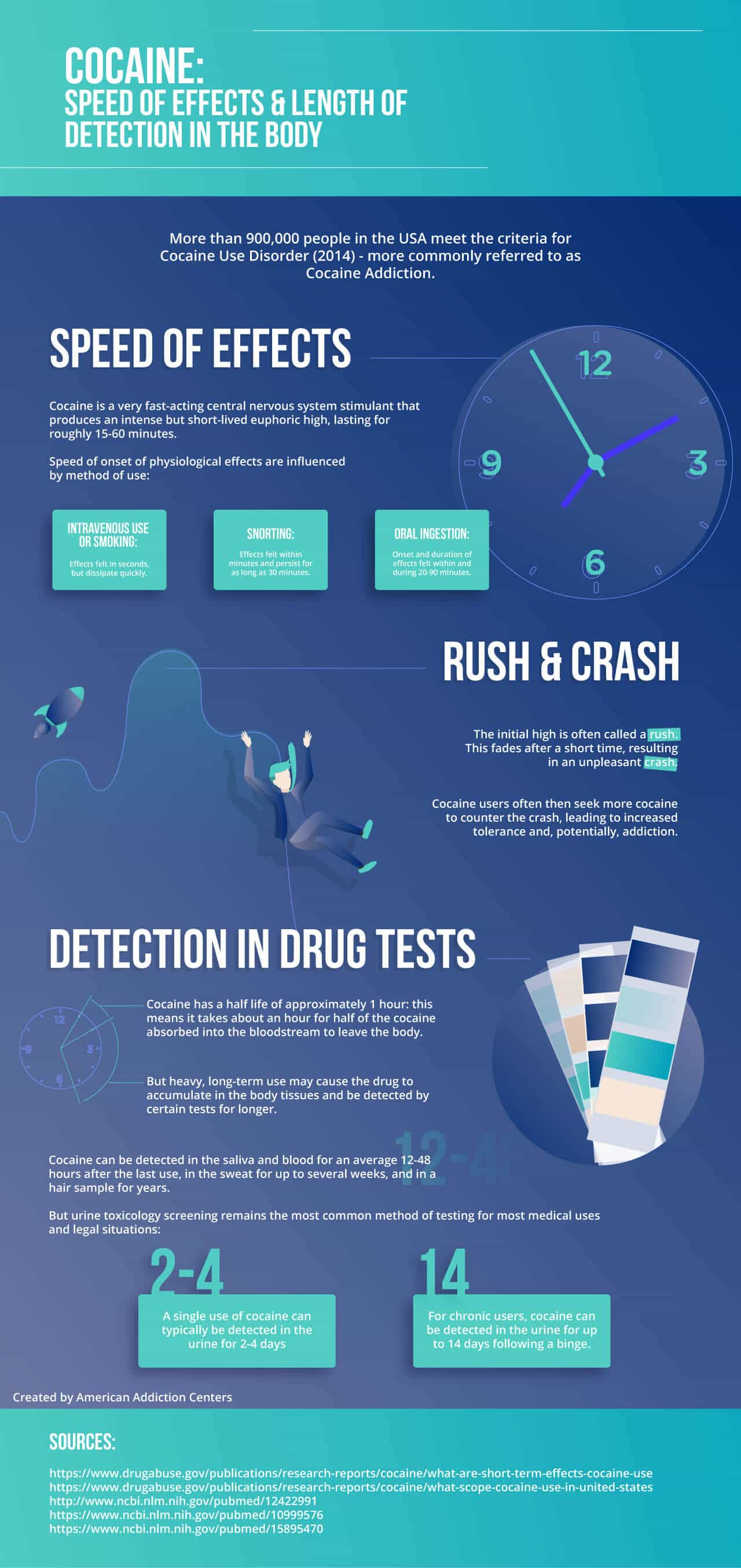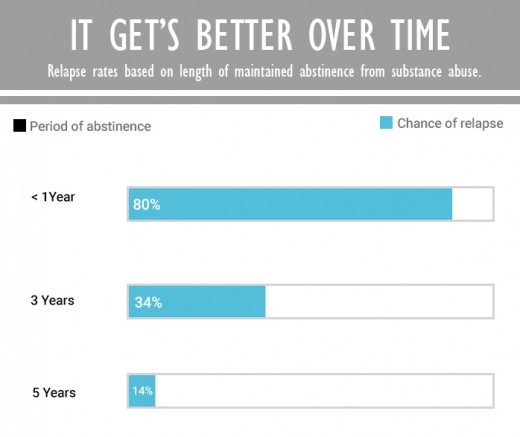It's really typical to see them also work with relative who are affected by the dependencies of the person, or in a community to prevent addiction and inform the public. Counselors must Drug Rehab Center be able to recognize how addiction impacts the entire person and those around him or her. Therapy is likewise associated with "Intervention"; a procedure in which the addict's household and enjoyed ones request help from an expert to get a private into drug treatment.
Rejection implies lack of determination from the clients or worry to confront the real nature of the addiction and to take any action to improve their lives, rather of continuing the devastating habits. Once this has been attained, the therapist collaborates with the addict's household to support them on getting the specific to drug rehabilitation immediately, with issue and take care of this individual.
An intervention can also be performed in the office environment with associates rather of household. One approach with restricted applicability is the sober coach. In this technique, the customer is serviced by the provider( s) in his/her home and workplacefor any efficacy, around-the-clockwho functions similar to a nanny to guide or manage the patient's habits.
This concept renders the individual essentially powerless over his or her bothersome habits and unable to stay sober by himself or herself, much as individuals with a terminal health problem being unable to eliminate the disease on their own without medication. Behavioral treatment, therefore, necessarily requires individuals to admit their addiction, renounce their previous lifestyle, and seek a supportive social media who can help them remain sober.
These methods have satisfied substantial quantities of criticism, originating from opponents who the spiritual-religious orientation on both mental and legal grounds. Opponents likewise compete that it lacks legitimate scientific proof for claims of effectiveness. However, there is survey-based research that recommends there is a correlation in between participation and alcohol sobriety (why is it so hard to get addiction treatment in the us).
Some Ideas on What Is Treatment For Porn Addiction You Should Know
SMART Recovery was founded by Joe Gerstein in 1994 by basing REBT as a foundation. It gives importance to the human company in getting rid of dependency and focuses on self-empowerment and self-reliance. It does not register for disease theory and powerlessness. The group conferences involve open discussions, questioning decisions and forming corrective procedures through assertive exercises.
Objectives of the SMART Healing programs are: Structure and Maintaining Motivation, Handling Urges, Handling Ideas, Feelings, and Behaviors, Living a Well Balanced Life. This is thought about to be similar to other self-help groups who work within mutual help principles. In his influential book, Client-Centered Therapy, in which he provided the client-centered approach to restorative change, psychologist Carl Rogers proposed there are 3 needed and adequate conditions for personal modification: genuine positive regard, accurate compassion, and reliability.
To this end, a 1957 study compared the relative effectiveness of three different psychotherapies in treating alcoholics who had actually been devoted to a state healthcare facility for sixty days: a therapy based upon two-factor knowing theory, client-centered therapy, and psychoanalytic treatment. Though the authors anticipated the two-factor theory to be the most reliable, it in fact showed to be negative in the result.
It has actually been argued, nevertheless, these findings might be attributable to the profound distinction in therapist outlook between the two-factor and client-centered techniques, rather than to client-centered techniques. The authors note two-factor theory includes plain displeasure of the customers' "irrational behavior" (p. 350); this significantly unfavorable outlook could describe the outcomes.
Referred To As Client-Directed Outcome-Informed therapy (CDOI), this method has been used by a number of drug treatment programs, such as Arizona's Department of Health Solutions. Psychoanalysis, a psychotherapeutic technique to behavior modification developed by Sigmund Freud and customized by his fans, has actually likewise used an explanation of substance abuse. This orientation recommends the primary reason for the addiction syndrome is https://diigo.com/0ipd21 the unconscious requirement to amuse and to enact numerous kinds of homosexual and perverse dreams, and at the exact same time to avoid taking responsibility for this.

How Many Addiction Treatment Centers Are There In The Us Things To Know Before You Buy
The dependency syndrome is also assumed to be associated with life trajectories that have occurred within the context of teratogenic processes, the phases of which consist of social, cultural and political factors, encapsulation, traumatophobia, and masturbation as a kind of self-soothing. Such a method lies in stark contrast to the approaches of social cognitive theory to addictionand undoubtedly, to behavior in generalwhich holds human beings to regulate and control their own ecological and cognitive environments, and are not simply driven by internal, driving impulses.
A prominent cognitive-behavioral method to dependency healing and treatment has been Alan Marlatt's (1985) Regression Prevention method. Marlatt explains four psycho-social processes pertinent to the addiction and regression procedures: self-efficacy, outcome span, attributions of causality, and decision-making processes. Self-efficacy describes one's capability to deal effectively and successfully with high-risk, relapse-provoking situations.
Attributions of causality refer to a person's pattern of beliefs that relapse to substance abuse is an outcome of internal, or rather external, short-term causes (e.g., enabling oneself to make exceptions when confronted with what are evaluated to be unusual scenarios). Lastly, decision-making processes are linked in the regression process as well.
In addition, Marlatt stresses some decisionsreferred to as apparently unimportant decisionsmay appear irrelevant to relapse, but might actually have downstream ramifications that position the user in a high-risk scenario. For instance: As an outcome of heavy traffic, a recuperating alcoholic might decide one afternoon to exit the highway and travel on side roads.
If this person has the ability to use successful coping strategies, such as sidetracking himself from his cravings by turning on his favorite music, then he will prevent the regression threat (COURSE 1) and heighten his effectiveness for future abstinence. If, however, he lacks coping mechanismsfor instance, he might start pondering on his yearnings (COURSE 2) then his effectiveness for abstinence will reduce, his expectations of positive outcomes will increase, and he might experience a lapsean isolated go back to compound intoxication.
Indicators on What Is Evidence Based Treatment For Addiction You Should Know
This is a harmful pathway, Marlatt proposes, to full-blown relapse. An additional cognitively-based design of substance abuse healing has been offered by Aaron Beck, the daddy of cognitive treatment and championed in his 1993 book Cognitive Helpful resources Therapy of Substance Abuse. This treatment rests upon the presumption addicted people have core beliefs, frequently not available to instant consciousness (unless the client is likewise depressed).

As soon as craving has been activated, liberal beliefs (" I can manage getting high just this one more time") are assisted in. Once a permissive set of beliefs have actually been activated, then the person will trigger drug-seeking and drug-ingesting behaviors. The cognitive therapist's job is to reveal this underlying system of beliefs, examine it with the client, and thereby show its dysfunction.
Thinking about that nicotine and other psychedelic substances such as cocaine trigger comparable psycho-pharmacological pathways, an emotion guideline method might be suitable to a wide selection of compound abuse. Proposed designs of affect-driven tobacco use have actually focused on negative reinforcement as the primary driving force for addiction; according to such theories, tobacco is utilized since it helps one escape from the unwanted effects of nicotine withdrawal or other negative state of minds.